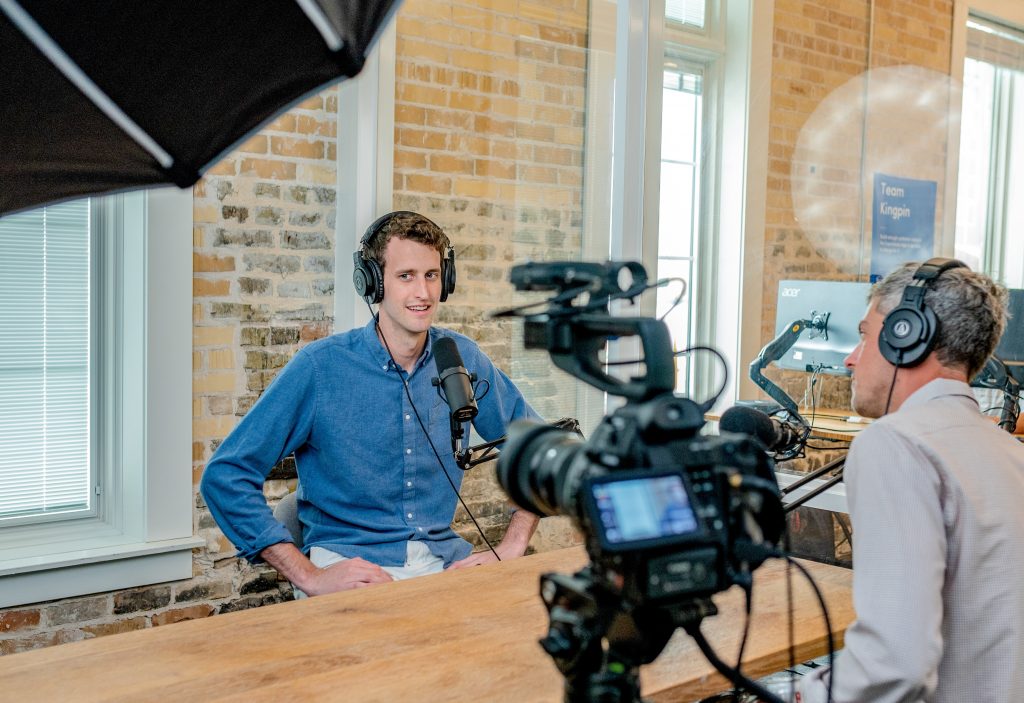
Whether you are looking to boost your profile or to get the word out about a new product or business, media coverage is the best way to go. However, to continuously get media coverage, you must constantly been seen and heard in the media.
Journalists are always on the lookout for new and interesting stories to write about for their readers. It is all about how you promote your story as to whether a journalist will want to cover it or not.
Here are some tips on how to deal with the media:
Know what the media wants
To be an effective communicator you need to know the techniques, tips and tricks to the trade.
These include being prepared for questions, even the awkward, uncomfortable ones, organising your thoughts and knowing how to clearly convey the message.
You need to understand the audience and the objective you want to achieve from the media coverage. Read some previous articles that the journalist has written so you are able to better understand their style.
Be prepared
Media training helps prepare you for challenging questions that the journalist could ask you at any time, it is important that you are prepared for any unexpected question that is thrown at you.
There is no need to say “no comment” as you will look like you are hiding something, anticipate any difficult question that could be asked and plan an answer that won’t damage your reputation. There is also no need to repeat any negative question, just answer it briefly and move on.
Know your message
You must know the topic and issues you are talking about extremely well enough to sound natural when answering questions. Your key message needs to be short, original, targeted towards your audience and the product or service.
Never have more than five key messages. If you only have time for a short answer then you must prioritise what is important.
Your tone of voice matters
Using the right tone of voice under pressure can be quite difficult. Be careful not to use defensive tones as it can send all the wrong messages. The use of body language can also be very powerful when delivering a message to the journalist. People don’t only listen to you, they watch what you do and the facial expressions you make.
Being confident when speaking with the media is very important, you will find that if you develop your interview skills, you will be featured in the media a lot more often.
Learn to control
As well as controlling the message and tone, you must be in control of the interview. Media training will help teach you how to compose yourself throughout the entire interview and have the outcome you want from the interview.
Although it is important to be clear in your responses, it is okay to ask for a second before answering the question.
Media training does not teach people how to lie, it helps them to communicate to the media an authentic message. If you were to walk into an interview and not know your key messages, you’re not standing confident and you’re under-prepared than you are highly likely to get misquoted.
Media training can help you overcome these challenges by learning how to have clear and effective communication.
Get in touch to find out about our expert tailored Managing The Media Training. Click here for more information.
Photo by Austin Distel on Unsplash



